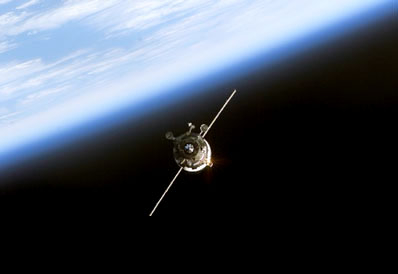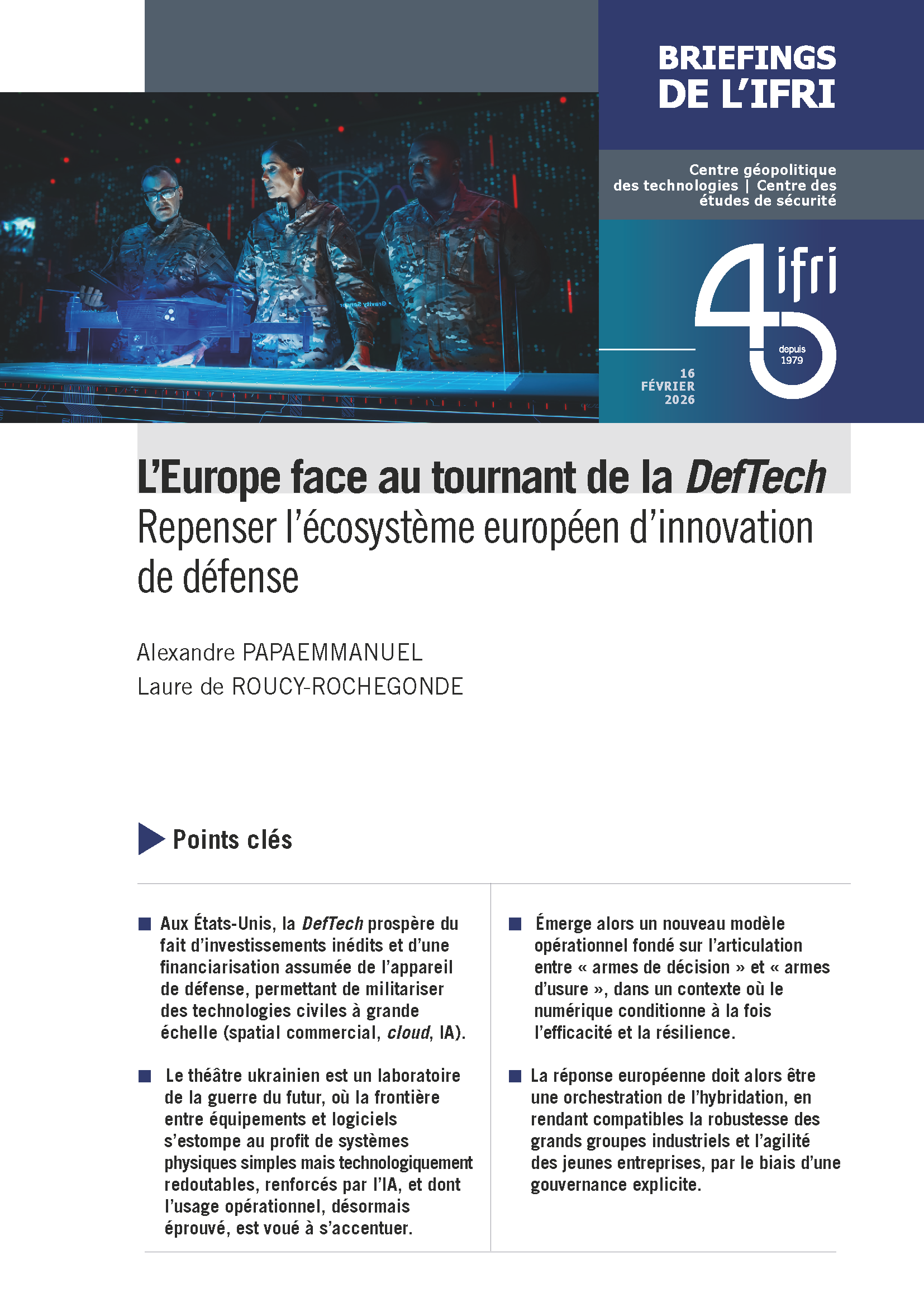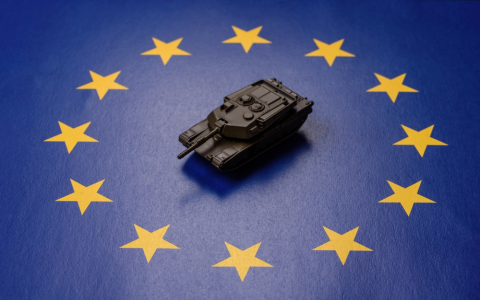
Informations pratiques
Ceci est un événement réservé.
En savoir plus sur nos programmes de soutienThis closed seminar is a collaboration endeavor. A general introduction and two short presentations on legal and political points of view will set the stage for what we hope will be an engaging discussion, under the guidance of an experienced moderator. Each participant will be asked to actively and constructively contribute his or her understanding of the issues at stake. We hope that the seminar will provide a stimulating dialogue and new insights for all participants.
All discussions will take place under the Chatham House Rule.
9:00-9:30 Welcoming remarks
Laurence NARDON, Senior Research Fellow,
Head of the Space Policy Program and United States
Program at Ifri
Main Challenges for Today"s Space Community
Guilhem PENENT, Space Policy Program at Ifri
9:30-9:45 Orbits and Frequencies: status, repartition, regime
Tanja MASSON-ZWAAN, Deputy Director of the
International Institute of Air and Space Law at Leiden
University
9:45-10:00 Political Issues of Satellite Telecommunications
Xavier PASCO, Senior Research Fellow at the Fondation
pour la Recherche Stratégique (FRS) in charge of the
Department “Technology, Space and Security”
10:00-11:00 Discussion: The current legal regime and
its inadequacies 1/2
. Harmful interferences as cause and symptom:
a test case for ITU?
Moderator : Laurence NARDON
11:00-11:15 Coffee break
11:15-12:30 Discussion: The current legal regime and
its inadequacies 2/2
. Abuses and dispute resolution procedures:
ITU in the 21st century
Moderator: Laurence NARDON
12:30-12:45 Synthesis of the Day
Gérard Brachet, Member of the Noard of SWF,
Consultant in Space Policy, Vice-President of the
International Astronautical Federation
12:45-14:15 Lunch and concluding remarks: The Way Forward
Sujets liés
Autres événements

Chaînes d’approvisionnement des véhicules électriques au Japon et en Europe : quels défis ?
La sécurité économique vise à garantir la résilience des chaines approvisionnements des industries clés : le cas des productions de véhicules électriques au Japon et en Europe sera discuté.

Quelle politique de défense en Allemagne ?
Face à la guerre en Ukraine et à l’instabilité géopolitique en Europe dans un cadre transatlantique perturbé, l’Allemagne a amorcé un tournant majeur dans sa politique de défense, avec une hausse significative des dépenses militaires, la modernisation de la Bundeswehr et le débat sur un éventuel retour du service militaire obligatoire.

Quel partenariat technologique avec l’Inde ?
Le 16ème Sommet UE-Inde, qui s’est tenu le 27 janvier à New Delhi en présence des dirigeants européens António Costa, Ursula von der Leyen, et du Premier ministre Narendra Modi, marque un tournant dans le renforcement des liens entre l'Union européenne et l'Inde. Parallèlement, les visites bilatérales se multiplient, à l’image de celle du Président français qui s’est rendu en Inde mi-février pour participer au Sommet sur l’Intelligence Artificielle.








